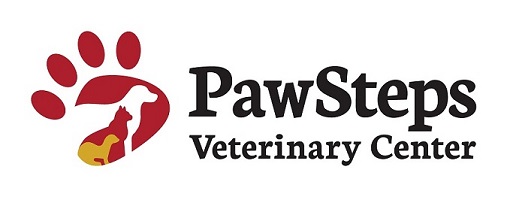Library
-
Diarrhea in Dogs
La diarrea en el perro es un motivo frecuente de consulta al veterinario. Normalmente los perros defecan 3 veces al día y las heces son consistentes, es decir, conservan su forma.
-
Diarrhea is a symptom of an underlying problem that may be minor or very serious. Some cases may resolve on their own or with minimal treatment, while other cases require in-depth diagnostic testing and more aggressive treatment to address the underlying condition. The possible causes, diagnostic tests, and treatment protocols for diarrhea in dogs are numerous and are explained in this handout.
-
If your dog is having diarrhea, please complete this questionnaire as accurately as possible before your appointment. This information will be very helpful to your veterinarian in determining the cause of diarrhea.
-
Diazepam is given by mouth, injection, or into the rectum and is used off label to treat anxiety, seizures, tense muscles, or decreased appetite. Give as directed by your veterinarian. Side effects include sleepiness, increased appetite, incoordination, weakness, agitation, drooling, and aggression. Do not give to cats by mouth, and do not use in pets that are allergic to it or other benzodiazepines, or in pets with severe liver disease. If a negative reaction occurs, please call your veterinary office.
-
Diazoxide is given by mouth and is used off label to treat low blood sugar associated with insulin-producing tumors of the pancreas. Give as directed by your veterinarian. Common side effects include drooling, lack of appetite, vomiting, and diarrhea. Do not use in pets that are allergic to it or thiazide diuretics, or in pets with low blood sugar due to anything other than a tumor. If a negative reaction occurs, please call your veterinary office.
-
Diclofenac ophthalmic is a topical nonsteroidal anti-inflammatory medication used to treat inflammatory eye conditions in cats, dogs, rabbits, avian species, and other animals. Diclofenac ophthalmic comes in liquid drop form.
-
Diethylstilbestrol is given by mouth and is used off label to treat urinary incontinence. Give as directed by your veterinarian. Side effects are uncommon when using a low dose, but may include mild vaginal spotting. It should not be used in pets that are allergic to it, in females with estrogen-sensitive tumors, in pets with anemia or low white blood cell counts, or in food production animals. If a negative reaction occurs, please call your veterinary office.
-
Digoxin is used off label and is given by mouth or injection to treat certain abnormal heart rhythms and certain types of congestive heart failure. Common side effects include vomiting, diarrhea, lack of appetite, weight loss, tiredness, or behavior changes.
-
Bloat: Gastric Dilatation and Volvulus in Dogs
Este término, mucho más descriptivo que otros utilizados en el pasado, se emplea para definir una alteración en la que el estómago del perro se distiende con gas y puede además girar (torsionarse) sobre sí mismo dejando el gas atrapado en su interior.
-
Dilated cardiomyopathy (DCM) is a serious and often fatal condition in medium to larger breed dogs. Signs may be sudden or progressive in onset. Some signs include rapid breathing, increased effort with breathing, restless sleeping, coughing, or gagging, among others. Early and proper diagnosis is key, followed by treatment to give the best quality of life.

